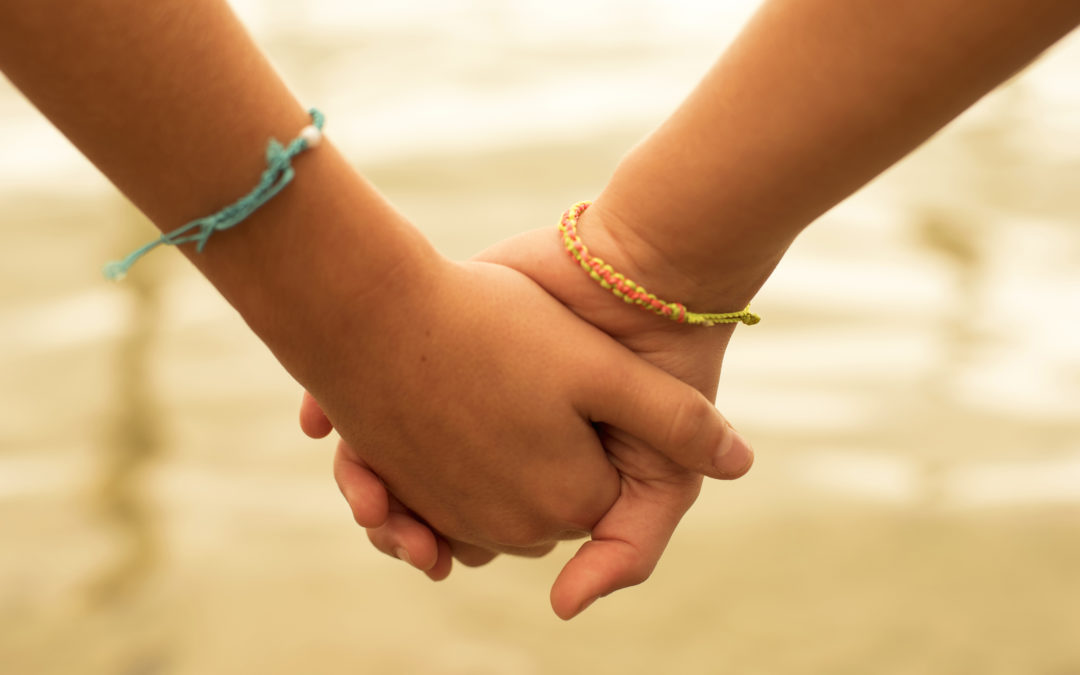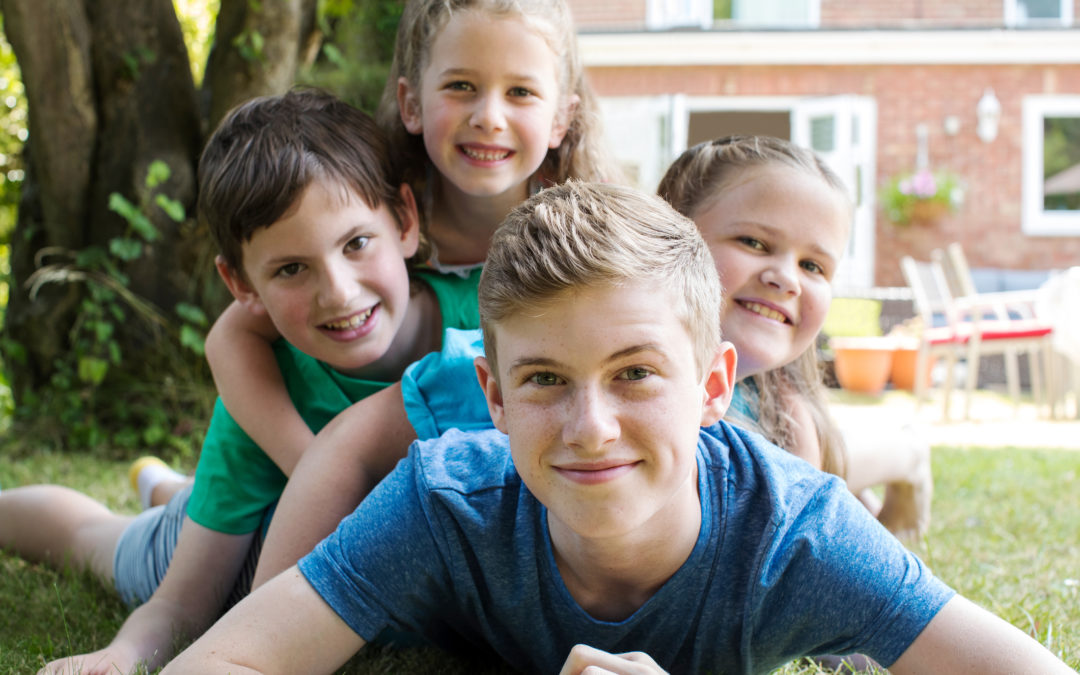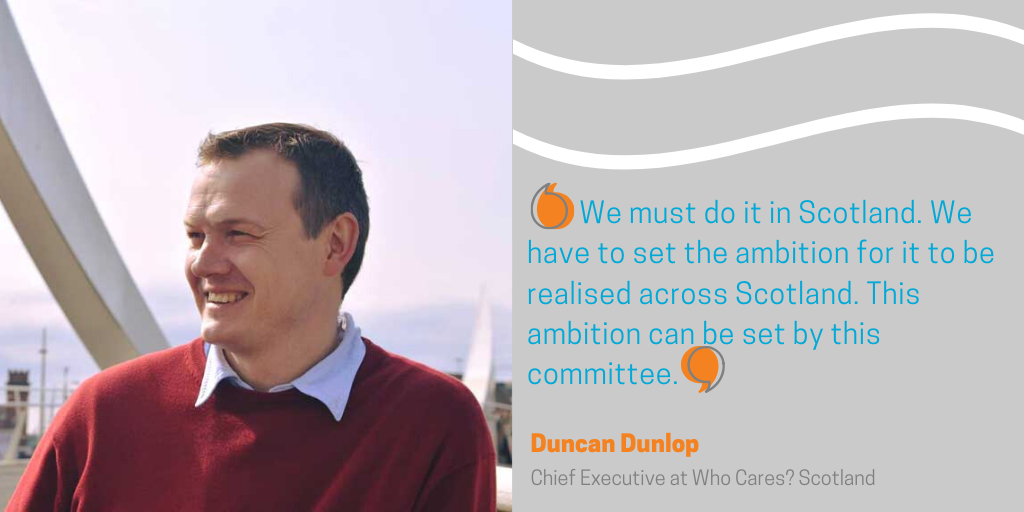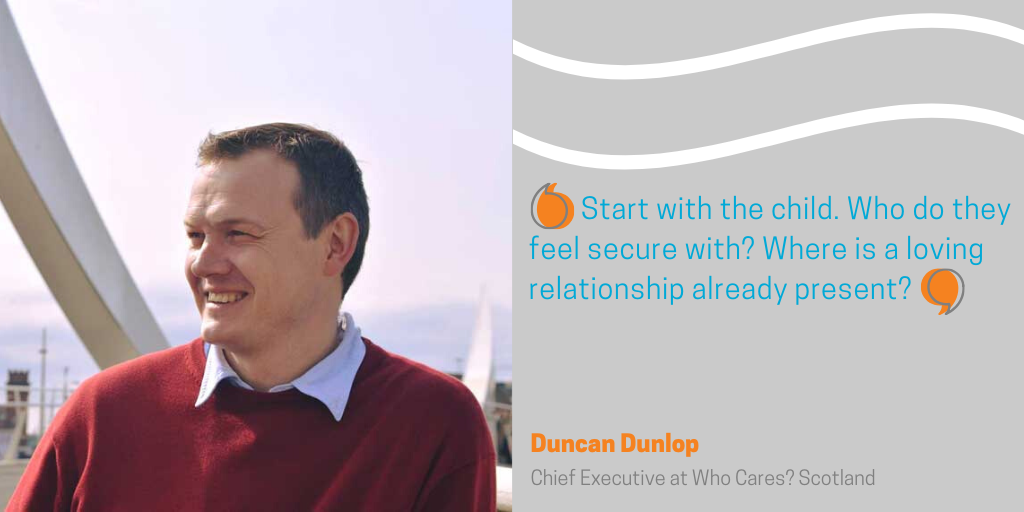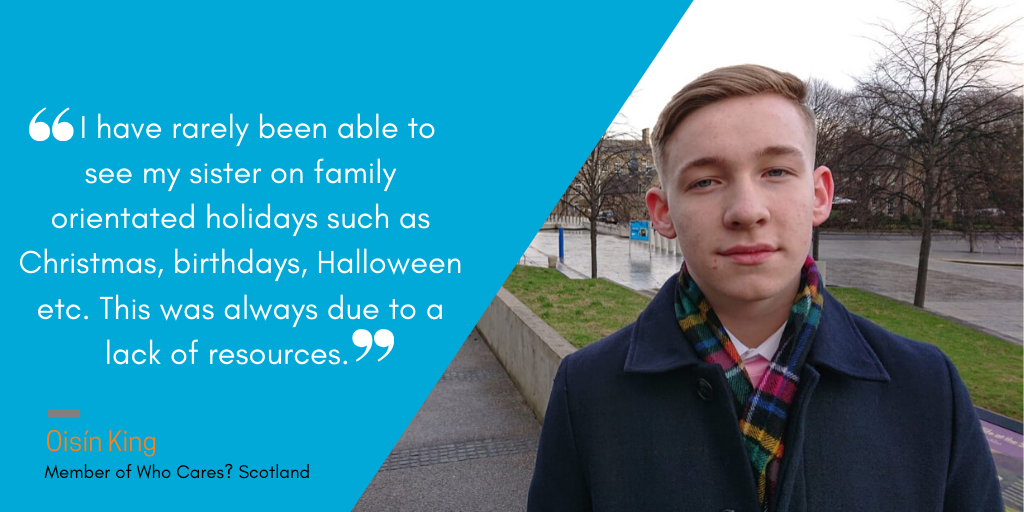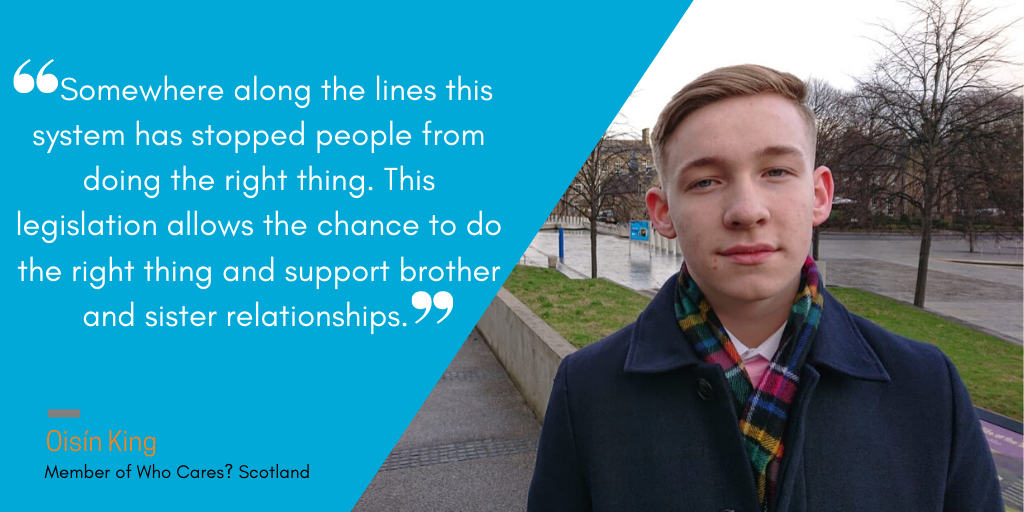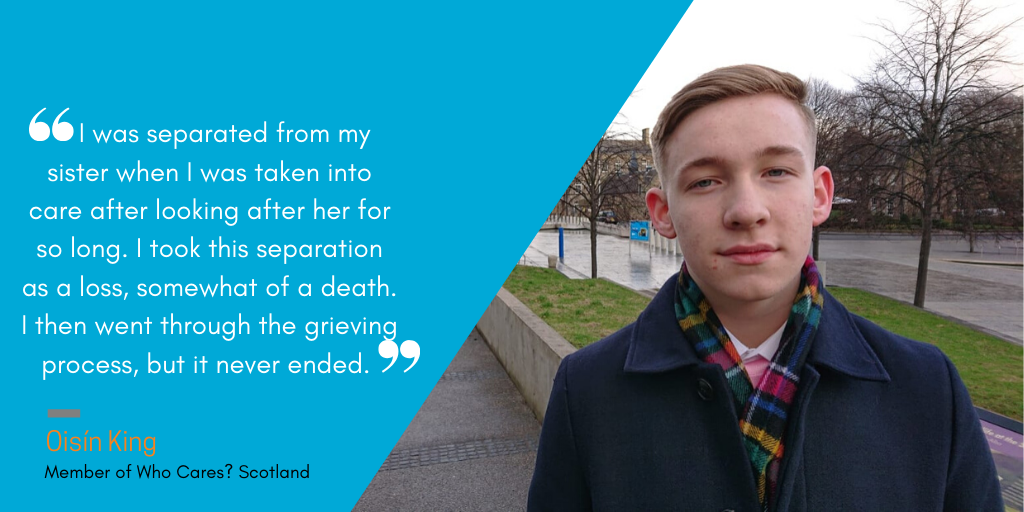
Court judgments in England on siblings
While in Scotland written court judgments relating to siblings remain rare (the exceptions being the current cases ABC and XY which the Supreme Court will decide appeals on imminently), there are a number of written English judgments which we have been interested to read. Here are two recent decisions relating to separated siblings, adoption orders and post-adoption contact orders:
AB (Contested Adoption) [2019] EWFC B68 – in this case A and B’s birth parents contested their adoption. If the adoption was to go ahead, they sought direct contact for themselves and A and B’s siblings C, D and E.
C was living at home, and D and E (their half-siblings) were living with their birth father nearby and had regular contact with their mother, A, B and C’s father, and C.
Considering the life-long welfare of A and B, the judge found the adoption to be necessary and proportionate, concluding “the risks of them moving in terms of their own development and vulnerability are greater in my judgement than the risks of remaining where they are, with permanence and stability and the prospect of them fulfilling the potential throughout their lives. I am not satisfied, even with their changes, that the parents are able to meet the needs of the boys. The loss they will suffer from growing up in the family and have their siblings is outweighed by being adopted children in a placement that meets their needs.”
He decided that no contact order should be made, because the factors needed for contact to work were not currently present. Nevertheless, he hoped that in time they may be, and that direct contact, either with the birth parents or the siblings could be considered, and the Local Authority should keep it under review.
The judgment is summarised in Family Law Week here.
Re G [2019] EWFC B70 (Middlesbrough County Court) – This case concerns two sisters who were ‘brutally separated’ by the local authority. The younger sister has been adopted and the older sister is in a residential placement. In this blog on sibling relationships in the care system, Barrister Alexandra Wilson examines the case. Read the judgment here.
This article in Family Law Week on Sibling Assessments in Care and Adoption by Judith Pepper, a Barrister at 4 Brick Court in London, discusses this and other cases. Judith Pepper has delivered presentations with Prof Daniel Monk of Birkbeck School of Law to the Judicial College on siblings in care proceedings and adoption.
For all matters siblings and the law in England and Wales, we recommend following @siblingslaw, the twitter account giving updates of Prof Daniel Monk and Dr Jan Macvarish’s project ‘Siblings, contact and the law: an overlooked relationship?’.

